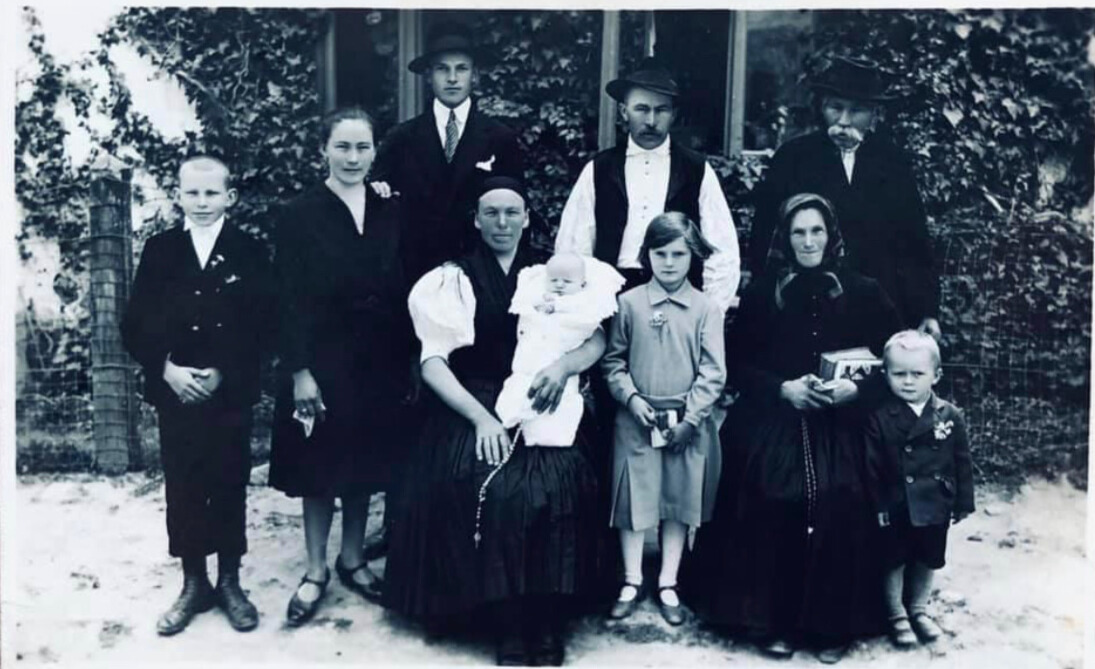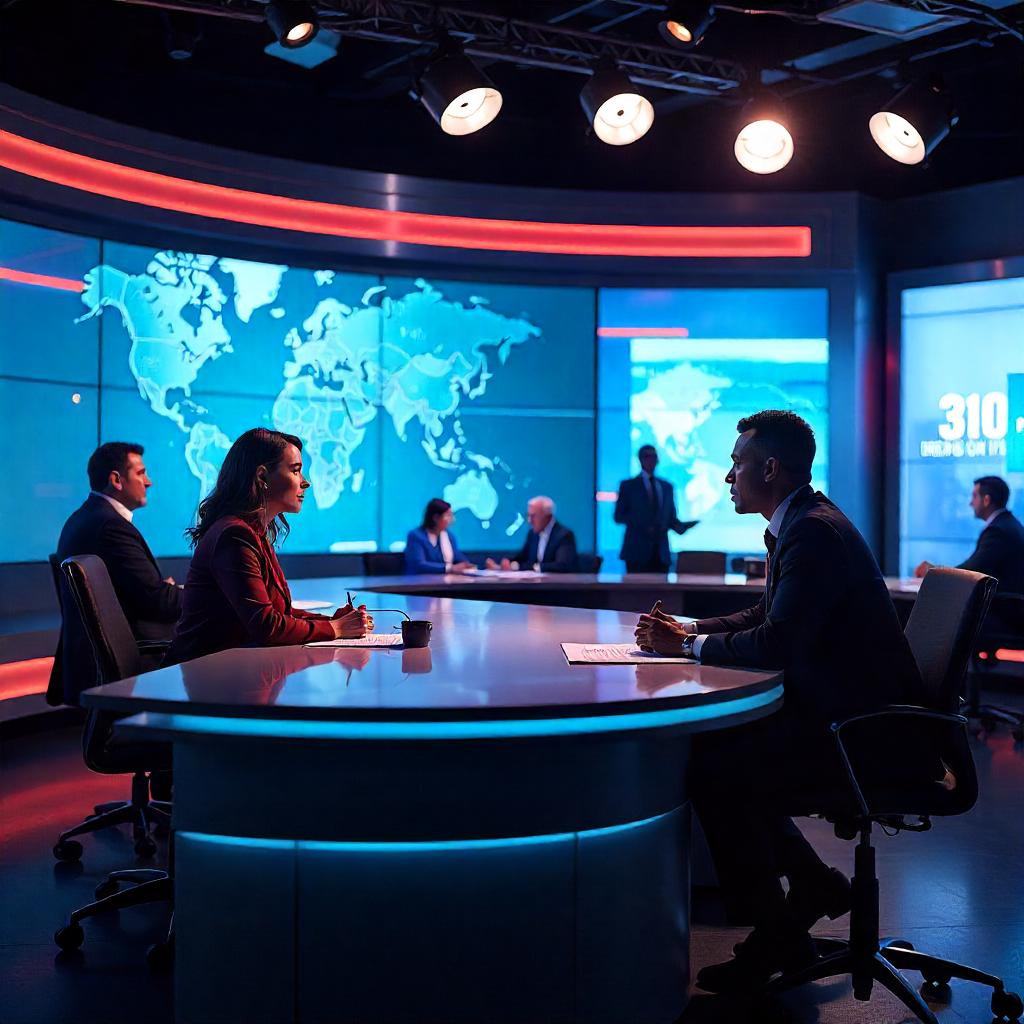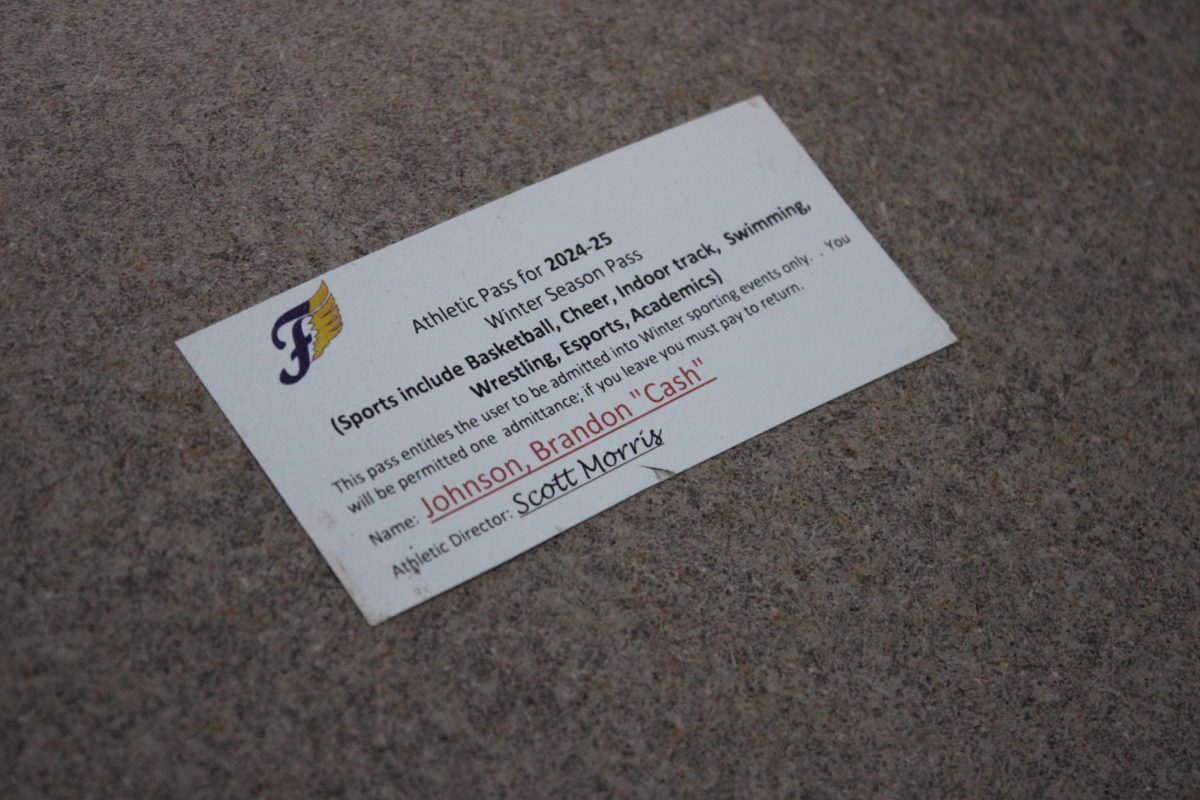Seen by approximately 47% of the 346 million Americans, the two 2024 presidential debates and the one vice presidential debate marked pivotal moments in the lead-up to the election, showcasing the candidates’ visions for America. With heightened stakes amid economic challenges and social divisions, the debates served not only as platforms for policy discussion, but also as reflections of the polarized current political atmosphere.
The June 27 Biden-Trump debate on CNN sent what CNN reporter Hadas Gold called “shockwaves through the political world” as it revealed Biden repeatedly losing his train of thought and brought the question of his age to the forefront. When Biden dropped out of the race in favor of Kamala Harris on July 21 it marked a major shift.
Trump faced Harris in their own debate on Sept. 10, with the debate held in an intimate setting with only the two candidates and the moderators, ABC News’ David Muir and Linsey Davis. Because the event was broadcast live, viewers were able to tune in from home. The atmosphere was electric, filled with anticipation and tension that accompanies such high-stakes political events. Being moderated by experienced journalists, the format allowed for both prepared statements and impromptu exchanges, enabling an electric atmosphere lined with anticipation and tension characteristic of presidential debates.
The talk of economic issues dominated the debate, reflecting widespread concerns about job growth, inflation, and income equality. While former President Trump endorsed job gains and legislative successes, Vice President Harris effectively highlighted the rising cost of living and the failures of the previous administration. I believe Harris’ show of economic issues felt more factual and focused, resonating with viewers who are grappling with these real-life issues in today’s world. Her ability to connect policy to personal impact showcased her understanding of everyday Americans’ struggles, which I find commendable and necessary in a leader.
Foreign policy emerged as another critical topic, particularly regarding ongoing global conflicts. Trump emphasized his administration’s past efforts and partnerships, but Harris presented a more assertive vision for America’s role on the world stage. I think her call for proactive measures and her clear delivery of the challenges of the world speaks strongly to those concerned about national safety. This kind of strategic thinking is vital for a strong president, and I believe it sets her apart.
Social issues, including healthcare, immigration, and climate change, were also pivotal in the debate. Harris’ vision for expanding healthcare access, advocating for women’s rights in healthcare choices, and her ambitious climate policies stood in stark contrast to Trump’s more restrictive stances. Her ability to lace together personal stories with her arguments made her points not only persuasive but relatable. This emotional connection is something I think voters crave in their leaders, and it highlights her commitment to American values.
Initial reactions to the debate revealed a polarized response, but I think Harris’ factual and structured presentation may have swayed some undecided voters. Social media played a significant role in shaping narratives, with clips highlighting her strong moments circulating widely and reinforcing her position. I find it impressive how effectively she resonated with audiences across platforms, proving her appeal beyond traditional boundaries
The 2024 Presidential Debate between Donald Trump and Kamala Harris was more than just a political event; it was a reflection of a divided nation. As each candidate laid out their visions for the future, they both engaged in not only policy discussion, but in also a broader talk about American values and the nation’s identity. With the election coming up on Tuesday, Nov. 5, the debate will be sure to linger in voters’ minds.
In what was probably the last debate of the 2024 presidential election cycle, Republican vice presidential candidate J.D. Vance and Democrat vice presidential candidate Tim Waltz faced off at a CBS News Oct. 1 debate that highlighted their completely different approaches to pressing national issues. Vance, leveraging his background as a venture capitalist, championed economic growth through deregulation and tax incentives for businesses, arguing that such measures would motivate the middle class. Waltz countered with a call for comprehensive social programs, emphasizing the need for healthcare reform and robust climate action. The debate turned particularly intense when discussing immigration, with Vance advocating for stricter border controls while Waltz highlighted the contributions of immigrant communities to the economy.
Regardless of how the election plays out on Nov. 5, all three debates revealed the broader ideological divide that continues to grip the nation. With many polls showing Trump and Harris effectively tied, the stakes have never been higher, and each vote will carry significant weight. The close race underscores the importance of voter turnout, as even a small shift in participation could sway the outcome in either direction, emphasizing the critical role individuals play in shaping the nation’s future.







